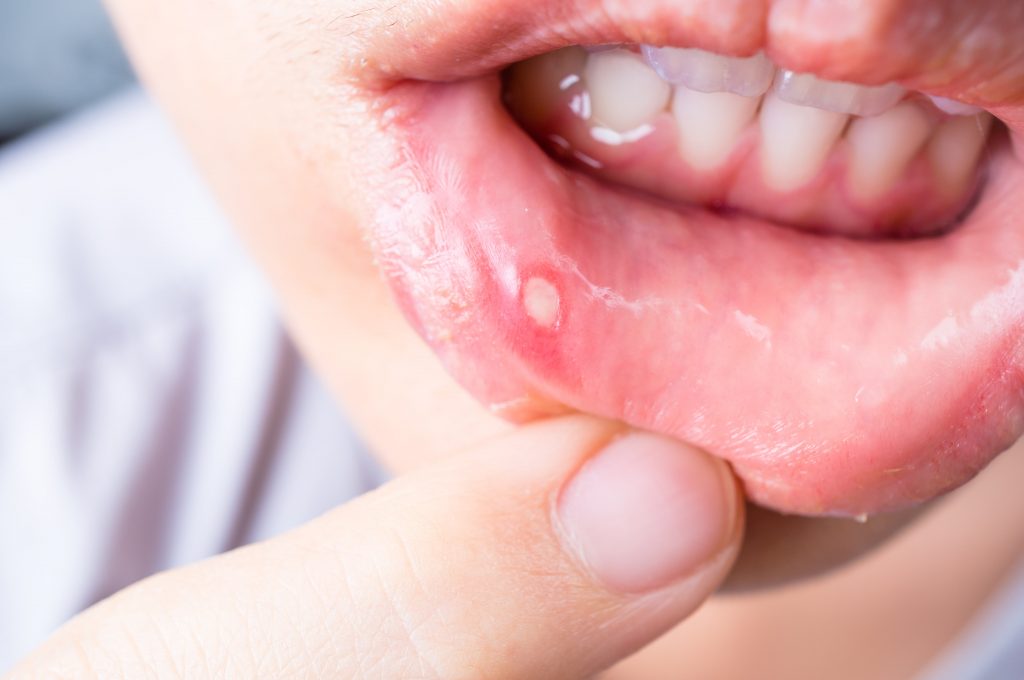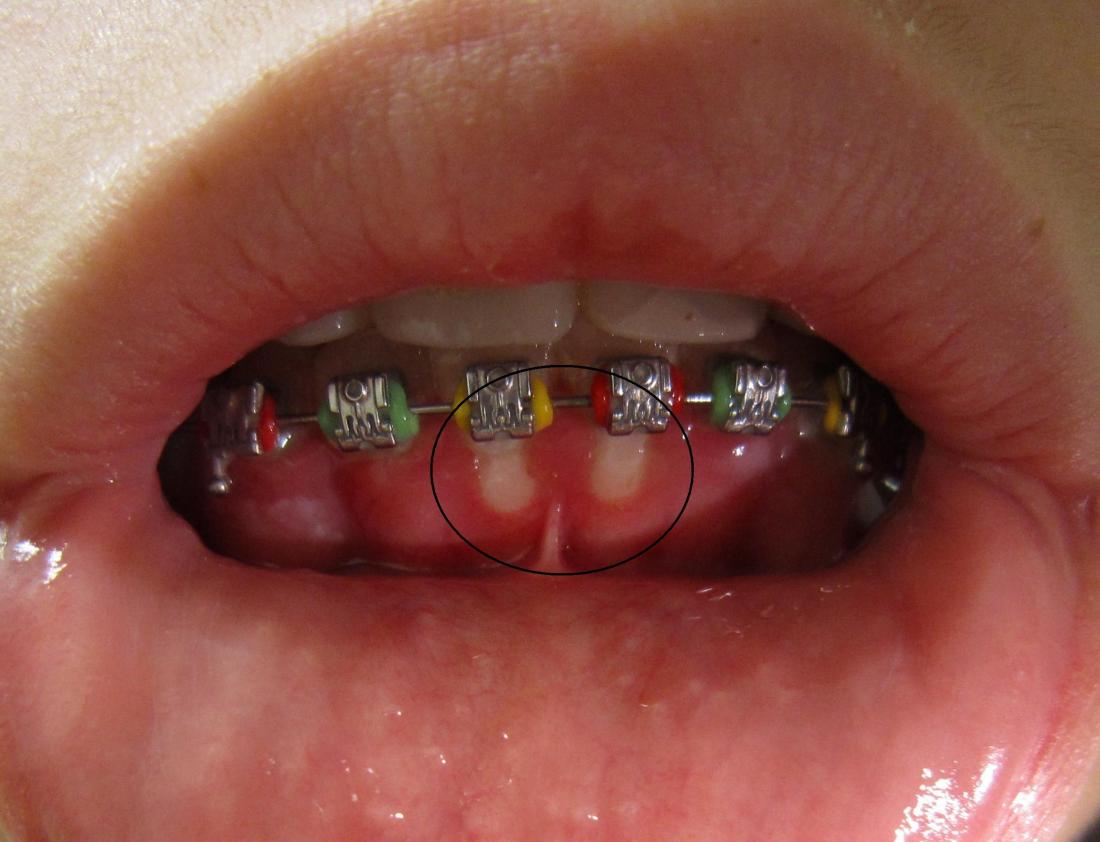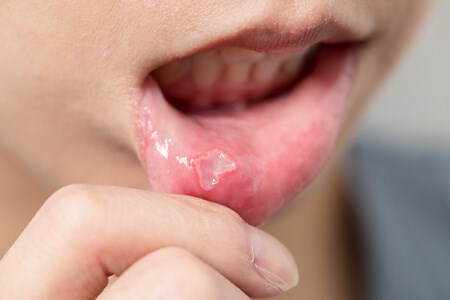SHARES

Do you get ulcers in your mouth regularly? 1 out of 5 people experience painful canker sores, especially youths and women. These sores can be troublesome and make eating, drinking or even brushing a real pain and nuisance.
What are canker sores?
Canker sores, also known as aphthous ulcers are small, open lesions that develop on the soft tissues in the mouth inside the lips, on the cheeks or the gums. These ulcers are very common and are experienced by more than half of the population.
What are the causes and who is at risk?
There is no known cause to canker sores. Most of the time it is related to a problem with the body’s immune system. Besides that, canker sores have also been shown to run in families. Many factors may contribute to canker sores, such as:
- Vitamin and mineral deficiencies
People who consume diets low in folic acid, vitamin B12 and iron appear to be more susceptible to canker sores, as do people with food allergies
- Medical conditions
Some diseases have been linked to canker sores, such as Behcet’s syndrome, HIV and Crohn’s disease
- Emotional stress
Studies show emotional stress can trigger canker sores, such as during exam period
- Mouth injuries
Canker sores can happen when there is irritation to the delicate lining of the mouth. For instance, irritation from orthodontic braces, biting inside of the lip or brushing too hard on the gums
 Image source
Image source
What are the symptoms of canker sores?
Generally, canker sores appear on the inner surface of the cheeks and lips, roof of the mouth, tongue and the base of the gums. Some of the other symptoms include:
- Small, round or oval yellowish ulcer, usually under 1cm but occasionally can be larger and deeper
- Whitish or yellowish center
- Painful red area
- Can appear alone, or in small clusters
 Image source
Image source
What is the difference between canker sores and cold sores?
Canker sores are often confused with cold sores. They are similar to cold sores (fever blisters) in appearance but are totally different. Cold sores are caused by a virus and appear outside of the mouth, such as around the lips, chin or inside the nostrils. Cold sores are contagious but not canker sores.
How are canker sores treated?
Most of the time canker sores are self-limiting. This means that they will resolve on their own even without treatment. They can take about 1 to 3 weeks to heal and it is most painful for the first few days. Unless these sores are large and deep, they will not cause scarring. Some remedies for canker sores include:
- Avoid eating hot or spicy food and acidic beverages which can trigger pain
- Warm saltwater rinses or over-the-counter mouthwashes without alcohol
- Good oral hygiene without irritating the ulcers with vigorous brushing
- Stronger medications such as corticosteroids may be placed if needed
- Over-the-counter pain medication for general pain relief
- Placing topical anaesthesia such as gels to ease the ulcer
When to see a doctor?
Although canker sores can heal on their own, consult a dentist or physician if:
- Canker sores are unusually large
- Persistent ulcers that last two weeks or more
- Extreme pain that cannot be controlled with self-care measures
- Sores extending to the outer surface of the lips
- High fever along with canker sores
Conclusion
Canker sores are very common in the population and thus not something to be worried about, unless the sores become worse over time or increase in frequency. Seeing a dentist or physician can help to detect presence of any underlying illness and carry out further management.
If you need to consult a Dental Surgeon: call, send an enquiry or book an appointment on GetDoc.
Find a Dental Surgeon in Malaysia, on GetDoc
Find a Dental Surgeon in Singapore, on GetDoc
by Soh May Leng
Born and raised in Malaysia, May Leng obtained her Bachelor of Dental Surgery from the University of Otago, New Zealand. She has joined the GetDoc team to relay valuable health information to the public. Staying active plays a big part in her daily life especially through outdoor sports such as running and swimming. She also enjoys travelling and has a passion for photography. View all articles by Soh May Leng.





